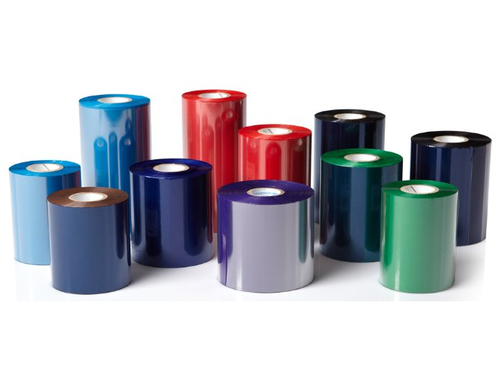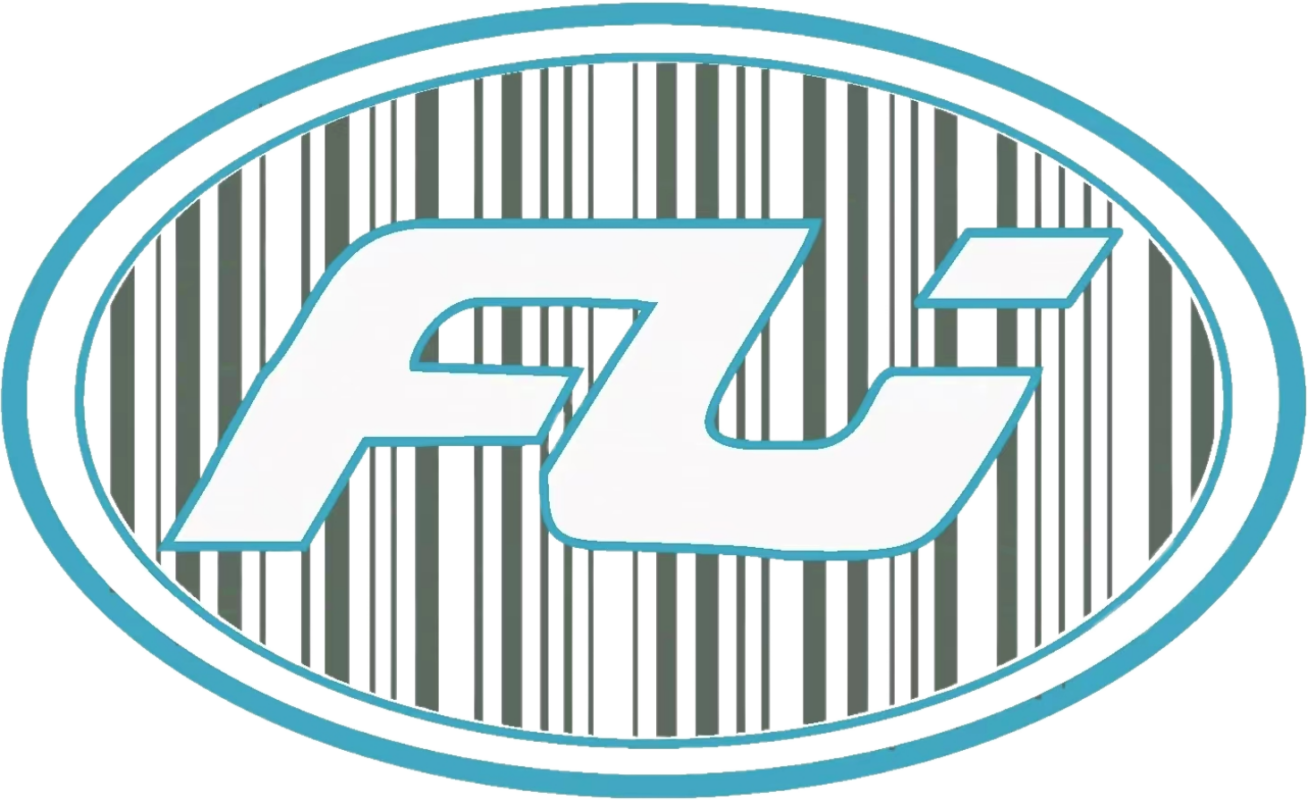Blog
Inkless Label Printer: The Ultimate Guide for Distributors and Procurement Specialists
Inkless label printers offer businesses a low-maintenance solution to streamline labeling operations while reducing costs. These label printers offer a solution that removes the need for ink, toner, or ribbons to provide cost-efficient and clean printing for various industrial applications.
Distributors, resellers and procurement managers find inkless printers to be an expanding market opportunity. Both logistics and healthcare sectors along with office administration and manufacturing environments can achieve scalable value through bulk procurement of dependable inkless label printers and their consumables.
The guide provides a detailed examination of inkless label printers by explaining their functionality and key specifications while exploring their industry applications and B2B and wholesale market sourcing strategies.
What Is an Inkless Label Printer?
Inkless label printers operate as thermal printing devices that generate images on specially coated paper or labels without ink or toner. The image creation process involves selectively heating the material to form text or graphics.
Two primary inkless printing technologies exist.
1. Direct Thermal Printing
- Uses heat-sensitive paper or labels
- No ribbon, ink, or toner needed
- Inkless label printers are ideal for short- to medium-term printing applications such as shipping labels or barcodes and receipts.
2. Thermal Transfer (Not fully inkless)
- Uses a ribbon but no liquid ink
- Offers more durable printing
- Although not completely inkless thermal transfer printing requires a ribbon without liquid ink and remains low-maintenance.
Our guide exclusively covers direct thermal inkless printers which allow for consumable-free printing capabilities.
Key Benefits of Inkless Label Printers
Cost Reduction
- Users do not need to purchase ink, toner cartridges or printing ribbons.
- Lower long-term operational costs
Low Maintenance
- Fewer moving parts means fewer breakdowns
- No messy cartridges or printheads to clean
Eco-Friendly
- Less waste from consumables
- Reduced energy use in operation
Fast and Quiet
- High-speed output with minimal noise
- Perfect for busy office or warehouse environments

Popular Applications of Inkless Label Printing
Logistics & Warehousing
- Shipping labels
- Inventory tracking
- Barcode generation
Retail & E-commerce
- Price tags
- Product categorization
- Return merchandise labels
Office & Administration
- File folder labels
- Asset identification
- Shelf tagging
Healthcare & Laboratories
- Sample tube labeling
- Patient wristbands
- Document tracking
Food & Beverage
- Expiry tags
- Storage labeling
- Cold-chain identification
Common Label Sizes and Materials
| Label Size | Application |
|---|---|
| 2-5/16″ x 4″ | Shipping and parcel labels |
| 1-1/8″ x 3-1/2″ | Address and barcode labels |
| 3/4″ x 2″ | Inventory and shelf labeling |
| Circle (1”–2”) | Color-coding, quality control |
Materials:
- Direct thermal paper
- BPA-free thermal labels
- Eco-friendly recyclable thermal stock
Consumers should evaluate these essential features when selecting an inkless label printer.
- Print resolution (203, 300, or 600 dpi)
- Label width compatibility
- USB, Wi-Fi, or Bluetooth connectivity
- Cutter functionality (automatic/manual)
- Software compatibility (Windows, macOS, Linux)
Bulk Sourcing Benefits for Distributors
Competitive Pricing
- Economies of scale reduce unit cost
- Increases reseller margin
Private Label Opportunities
- Brand the printer with your logo
- Customize packaging for retail resale
Broad Market Appeal
- Serves SMEs, offices, medical facilities, logistics firms
- Fast repeat sales from label refills
Bundling Potential
- Create a package deal that includes both label rolls and printer units.
- Combine with software subscriptions or setup services
What to Consider When Choosing a Supplier
- Proven track record in thermal printing products
- The supplier must have achieved compliance with safety and material certification standards including RoHS and CE.
- OEM and ODM capabilities for private branding
- Lead times and MOQ flexibility
- After-sales service and warranty options

Storage and Handling Tips
- Keep label rolls in a dry environment where temperatures range from 15°C to 25°C
- Avoid direct sunlight and excessive humidity
- Rotate stock using FIFO (First-In, First-Out)
Conclusion
Modern labeling requirements can be met with easy-to-use inkless label printers that deliver superior savings. Direct thermal printing technology provides a smart scalable solution whether you are a distributor looking for new SKUs or a buyer handling large-scale labeling operations.
A trustworthy manufacturing partner ensures steady product quality while offering tailored solutions and market competitiveness for label manufacturers.
Click here to contact our team or reach us directly:
- Email: sales@foyottr.com
- Tel: +86-592-6018318
- Website: https://foyottr.com/
FAQ
Can inkless label printers operate effectively without using ink?
Yes. Direct thermal printers operate on heat-sensitive material which removes the requirement for ink, toner or ribbons.
Are inkless labels waterproof?
Standard direct thermal labels are not waterproof. Select synthetic or coated materials to achieve moisture protection.
No. Inkless label printers require direct thermal label stock to operate properly.
No. Direct thermal label stock is necessary for the operation of these printers.
Are inkless printers suitable for outdoor use?
The inkless printer works for outdoor use exclusively when used with synthetic or UV-resistant labels. Regular thermal paper fades under sunlight.
Thermal labels retain functionality for 12 to 18 months if stored properly in cool and dry conditions.
Under proper storage conditions of cool and dry environments thermal labels last between 12 and 18 months.
Contact Us
📩 sales@foyottr.com
📞 Tel: +86-592-6018320
🌐 https://foyottr.com/
Visit our Contact Page to get started or request a quote today.

